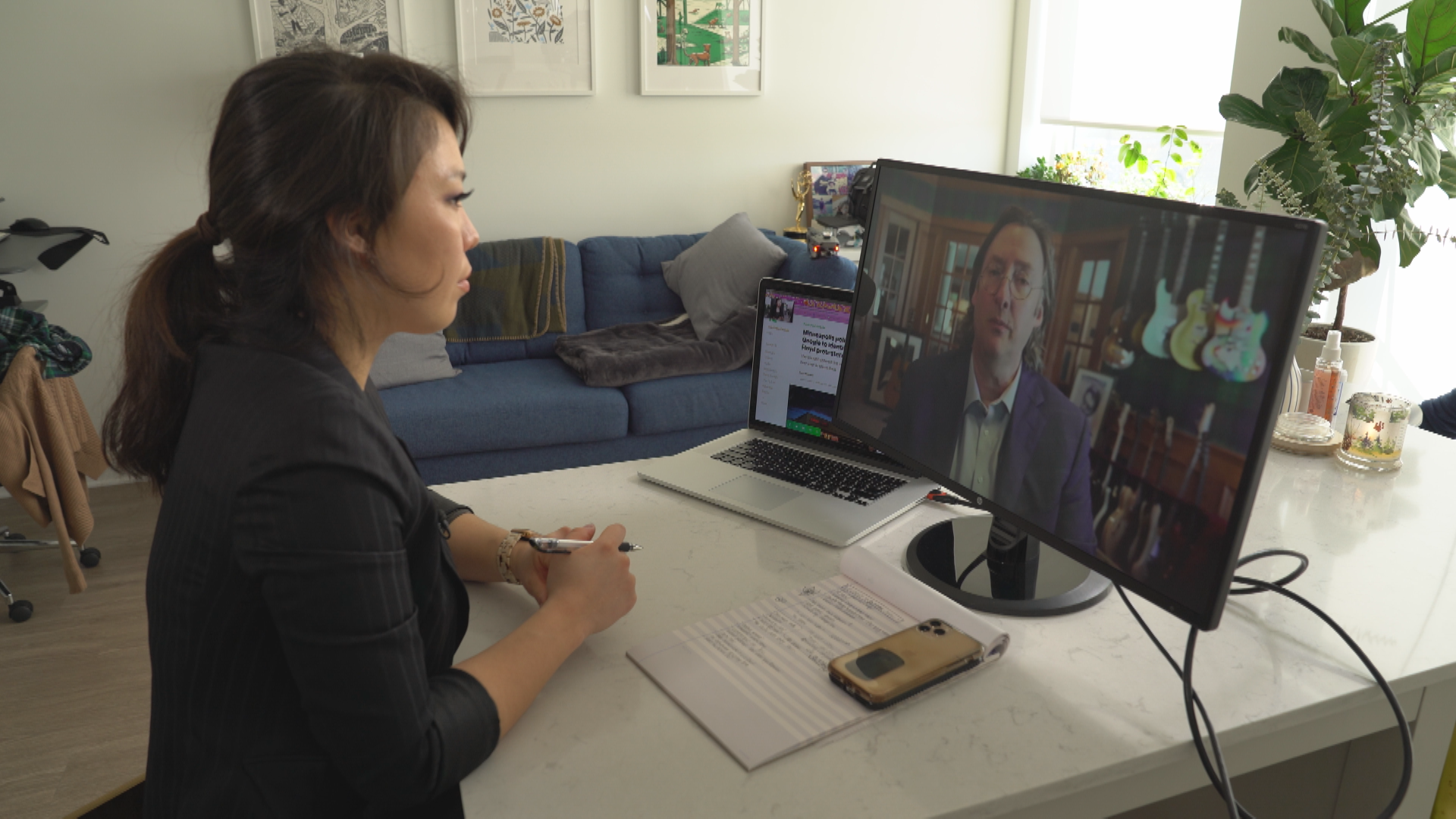MINNEAPOLIS — Over the weekend, an online tech newspaper called TechCrunch broke a story about how the Minneapolis Police used a specific type of warrant to identify people who may have been in the area of the AutoZone riots on May 27, 2020.
The article, penned by Zack Whittaker features a Minneapolis resident, who says he was contacted by Google saying that his "account information was subject to a search warrant."
The search warrant obtained by Whittaker, shows a police officer is asking Google for "location history data from devices that reported a location within the geographical region bound by coordinates, dates and times."
This is also known as a geofence warrant.
"A geofence warrant allows law enforcement to receive, with a judge's approval, cell phone information including a unique cellphone identifier," Chief Technology Officer of Computer Forensic Services, Mark Lanterman said. "So basically what this means is that law enforcement can request from service providers, a list of all cellphones within a certain location area."
Lanterman explained, the tool is completely legal and available for law enforcement to use.
"This is information that's being collected on all of us," he said. "Because we had certain applications installed on our phone, and again these warrants are ordering these service providers to turn over our information whether we've done anything wrong or not."
When it comes to whether companies are allowed to actually say 'no,' Lanterman said that's up for discussion.
"I think these are issues for the courts to address," he said. "I know, that when an organization like Google receives a court order, they will comply."
And there is conversation brewing, including one with the ACLU on whether geofence warrants are unconstitutional, because it could also capture location data of those who may have not been involved with any criminal activity.
To that, Lanterman reminded us that as consumers, we're always in a trade off.
"this is a tool that is being used and will continue to be used by law enforcement, and I just don't think we should be so surprised that Google is turning over our personal information when we've given them permission to do that," he said.
"We need to just remember, and, this is an important thing to understand is, when we gain a benefit from technology, we give up a little bit of secrecy," he continued.
Ultimately, the onus is on the user. If you are not comfortable having Google collect data and potentially forward that data to law enforcement, you could delete the app and switch to a different one, like Apple Maps. Apple claims they do not store location data history of its users.

